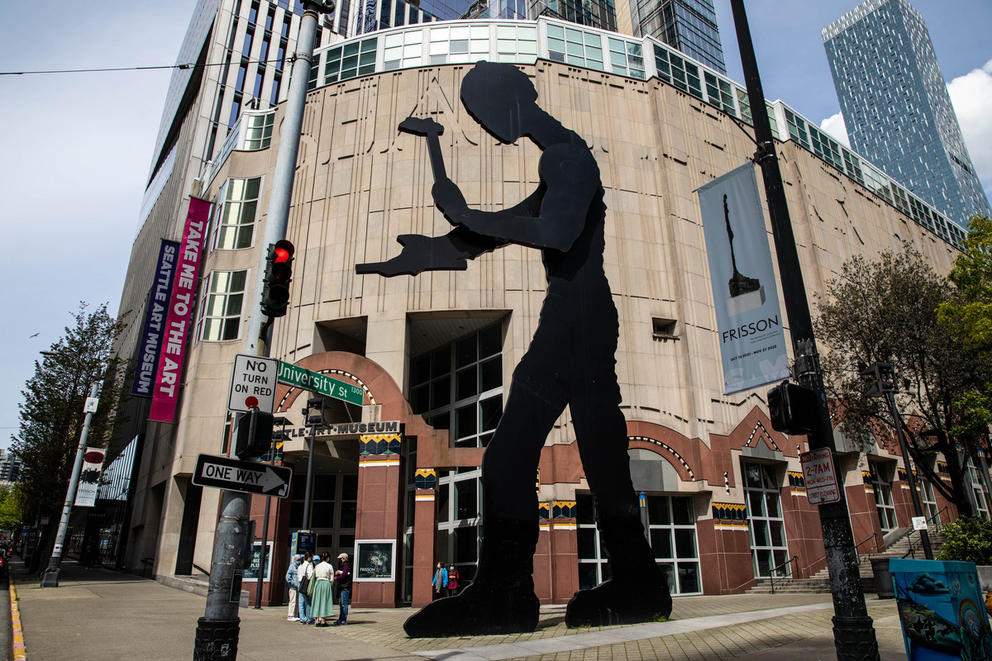The Seattle Art Museum (SAM) has taken steps to comply with recent federal legislation requiring consultation with tribes before exhibiting or researching Native American cultural items. In response, SAM will temporarily remove five items of Tlingit origin from public view. This move is part of the revisions to the Native American Graves Protection and Repatriation Act (NAGPRA), effective since January 12, aimed at expediting the return of sacred objects and human remains.
The exhibition, featuring three headdresses, a dagger, and a staff, is rooted in the Tlingit tribe’s cultural narratives from Southeast Alaska. SAM is actively reviewing its Native American objects on display to ensure compliance with the updated regulations. While the removal is temporary, SAM’s spokesperson mentioned that the museum would share more details as the consultation process with several tribes progresses.
The new legislation impacts museums, universities, and government agencies, necessitating collaboration with tribal organizations. Several museums nationwide, such as the American Museum of Natural History and the Field Museum, have made adjustments to comply with the law, including closures, covering displays, and removing items from galleries.
SAM, having complied with NAGPRA since its enactment in 1990, remains committed to the safe return of sacred objects and has been working to align its practices with the strengthened regulations. The museum is also collaborating with tribes to ensure ethical engagement and cultural respect.
The Tlingit tribes involved have not commented, but SAM acknowledges that additional Native American works may be removed from exhibition as the museum continues its compliance checks.
The new regulations bring significant changes, including setting a deadline of 2029 for repatriation under NAGPRA, speeding up a process that was previously expected to take over 200 years. Justice McNeeley from the Burke Museum highlighted that the updates encode respect for tribal sovereignty, authority, and knowledge, emphasizing the significance for Native people.
While SAM works on aligning with the new guidelines, other Washington museums, like the Tacoma Art Museum and Seattle’s Museum of History & Industry, share that they are not affected. The Washington State Historical Society is evaluating its need for additional steps, and the Burke Museum is not closing any displays but is strengthening its consultation process.
The legislative updates are expected to increase the workload on tribes and institutions, requiring additional funding and staffing resources. However, there is optimism that the revisions will foster a more efficient repatriation process, bringing justice to Indigenous belongings that were looted from ancestral sites in the 19th and 20th centuries.


Leave a Reply